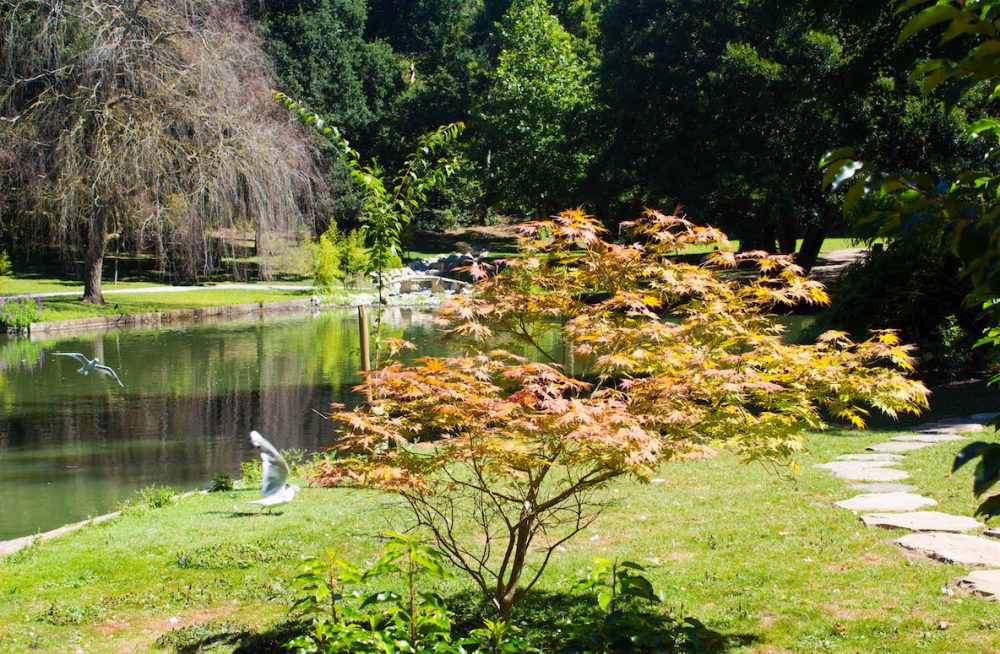Can we be more present to how food connects to our feelings?
I’ve been reading WOMEN FOOD AND GOD by Geneen Roth. This book came out some time ago but I never got around to buying it. When my local library was selling off old books I thought I could give it a new home but wasn’t sure what to expect.
It’s been a really interested read. As I’ve become older, what I eat and how I feel in my body has become more important than it was. I have a busy life and need foods that energise me for long periods of time. Thankfully I’ve always liked healthy food and been of average size. But I’ve also liked large Caribbean portions and that is less forgiving as I age.
In my experience ageing is not just about the body but the added responsibilities which can become stressors. This inevitably leads to a reduction of downtime and leisure activities. This means that I need to be particularly kind to my body to stay well and feel at my best.
One of the key messages in the book is that weight is not so much about what we eat as it is about why we eat when we do. It’s about being honest with ourselves and recognising that sometimes we eat when we are not hungry.
We, or others, might tell us that we deserve a treat – even though too much of that thing could be bad for our body. We might also be judged for not wanting extra cake, coffee or alcohol. In my case, I enjoy dark chocolate and I know that there is diabetes in my extended family.
Every gathering, including churches and schools, now have an unhealthy food option. It’s not enough to choose what you eat in your home or what you pick up for lunch, but you need to be prepared to make, and possibly explain, your public choices from limited unhealthy options.
What is quite clear from this book and from life, is that if we do not get to our underlying issues, then weight, via aches, pains, immobility, leisure restrictions and travel restrictions, will become the issue. We use food to express any number of emotions as well as a means to avoid staying with uncomfortable feelings. Comfort eating could be an irregular occurrence or a daily one. Can we allow ourselves to experience the difficult feelings such as disappointment, frustration, loneliness, sadness, depression, anxiety and regret without using food to keep them quiet?
The other thing she raises in her book is eating because we are impatient with the progress of our life. Let’s say we expected to be somewhere and we’re not there yet so we’re eating to avoid being where we are now. But as she says if we can’t be in the present then when we get to that holy grail of future success, we won’t be able to be present to that either.
What I take from this is that being in and with our present experience is the best that we can do. Being more mindful of why, when, how and what we eat gives us good information so that we can make better choices. Negative feelings are best dealt with rather than ignored. Therapy, journalling and mindfulness are just a few of many options to ease our difficult emotions. If we ignore one issue, we can easily create another one to add to the first – now we have two problems to work through. This is not about size or what other people think we should eat but about us – you and me – listening to our bodies as they are today. Does any of this resonate with you?
Shirley Anstis





